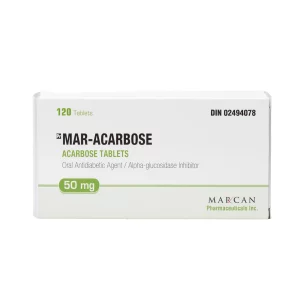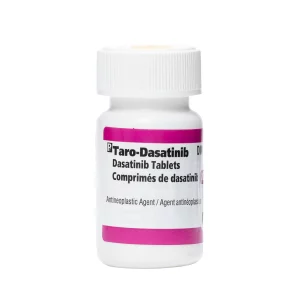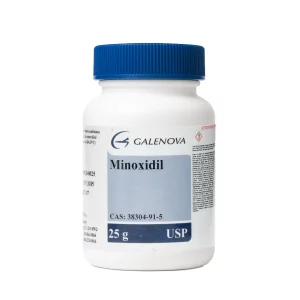Your cart is empty.
Your cart is empty.
Looking for ways to stay healthy and improve your heart health? Saxenda may be your answer. Saxenda is a medication that helps manage weight. It contains liraglutide, which works by supporting appetite control. Saxenda belongs to a group of medicines called GLP-1 receptor agonists. These medications help regulate how much food you eat and how your body processes it. You can buy Saxenda to boost your daily life and overall health.
Heart health is closely linked to your weight. It is also connected to how well your body manages blood sugar and blood pressure. Saxenda can support these functions and, in turn, improve your heart health. Furthermore, many are discovering Saxenda’s anti-aging benefits, which are linked to the medication’s ability to promote a healthier weight.
Cardiovascular health means your heart, arteries, and blood vessels work smoothly. The heart pumps blood to the rest of your body while arteries and blood vessels deliver that blood. When these systems are healthy, your body functions at its best.
Several factors can increase the risk of heart disease. Common ones include:
Managing your weight is one of the best ways to lower these risks. Saxenda aids weight loss and promotes healthier habits.
Saxenda’s active ingredient, liraglutide, mimics a natural hormone called GLP-1. GLP-1 has several effects:
These actions lead to:

Reducing weight lowers blood pressure and improves cholesterol levels, which is crucial since too much cholesterol can be harmful. In clinical trials, Saxenda has been shown to reduce cardiovascular risk markers, indicating a lower likelihood of heart problems. It is FDA-approved for safety in patients with obesity and type 2 diabetes, making it a trusted option for heart health.

Saxenda is especially helpful for certain groups of people:
For best results, Saxenda works well alongside lifestyle changes. Here’s how to pair it with healthy habits:
Choose heart-healthy foods like leafy greens (spinach, kale), fiber-rich oats, antioxidant-rich items, and salmon for omega-3 fats. Nuts are also beneficial. Avoid processed foods and trans fats, which can harm blood vessels and complicate weight management.
Move your body regularly to strengthen your heart:
Track your progress to stay on top of your health:
Yes, Saxenda helps with weight loss, which reduces risk factors for heart disease over time.
No, but Saxenda has shown safety for the heart and helps manage risks tied to obesity and diabetes.
Many users report lower blood pressure thanks to weight loss, which relieves strain on the heart.
Often, yes. Consult your doctor to ensure it complements your current treatments.
Monitor your weight, resting heart rate, blood pressure, blood sugar, and cholesterol levels.


Buy Acarbose to support stable blood sugar and overall wellness. Promote gut health, longevity, and a balanced metabolism with this proven supplement.

Dasatinib is a breakthrough in longevity medicine. Explore its benefits, dosage, and research-backed effectiveness for extending health and lifespan.

Buy Metformin to support longevity and metabolic health. Maintain stable energy levels and promote overall well-being with this trusted supplement.

Buy Minoxidil to support hair growth, scalp health, and overall vitality. Maintain a fuller, healthier appearance with this trusted solution.
Unlock savings on bundles and elevate your online experience today!